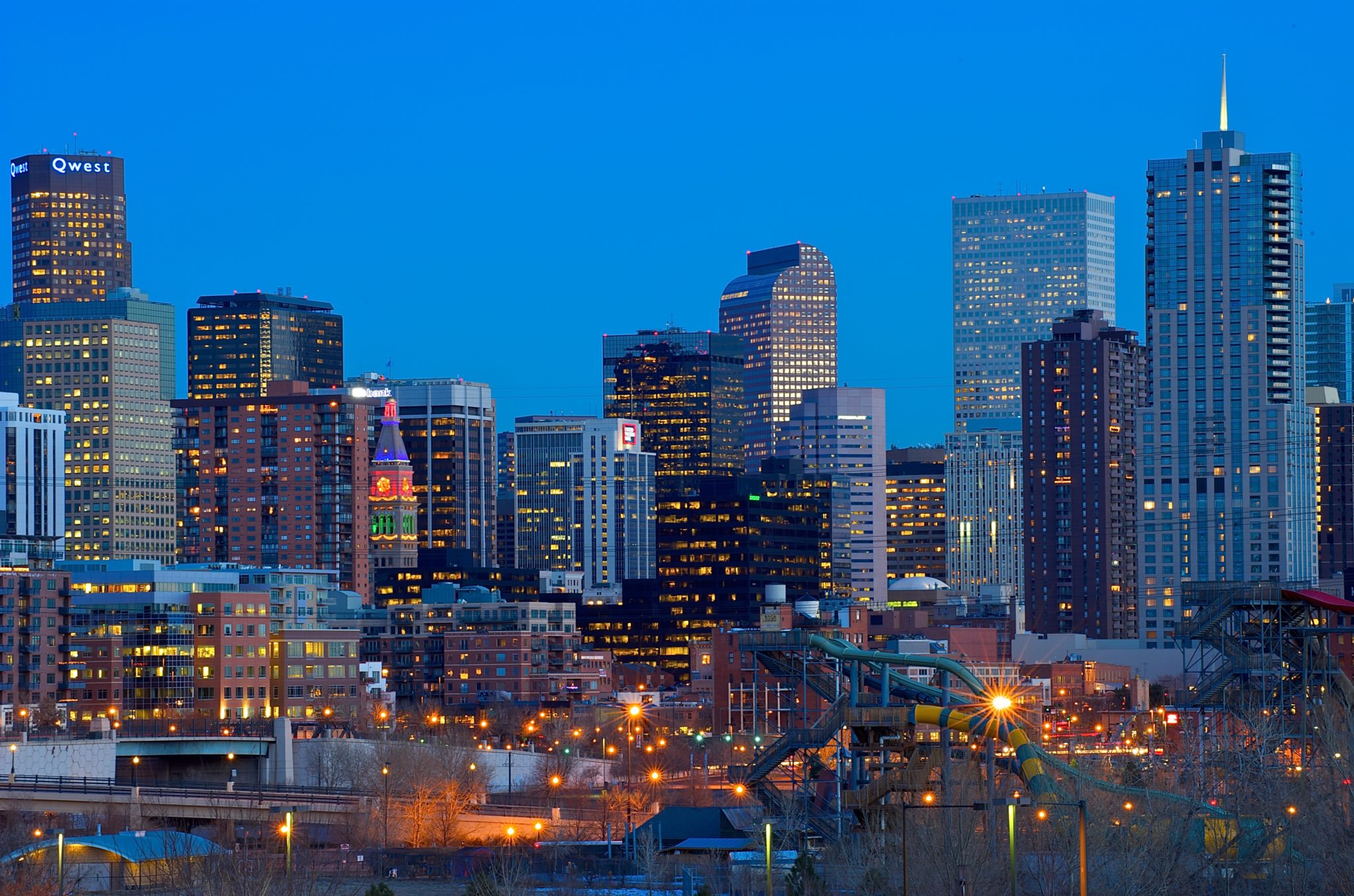People experiencing homelessness are joining with advocates to sue the city of Denver in federal court for its raids on outdoor encampments. The plaintiffs alleged the city is violating homeless people’s rights by breaking up their shelter and seizing their belongings without notice. The city responded by claiming the raids are necessary to protect the public from disease.
“Many of us have voiced concern to the City of Denver regarding their decision to sweep throughout the pandemic,” Kathleen Van Voorhis of the Interfaith Alliance of Colorado told Filter. “There is a 56-percent bed reduction in Denver shelters as a result of COVID-19 restrictions. We know we do not have enough housing or resources, and the current approach spends significant taxpayer money to simply sweep people out of sight and down the block.”
Homeless advocate organization Denver Homeless Out Loud and a group of homeless Denver residents filed the suit in the US District Court of Colorado, which first heard evidence on December 15. The plaintiffs claimed that raids on outdoor homeless encampments violate people’s constitutional rights to due process. They alleged that the city has been forcibly clearing the encampments and removing valuable tents, personal belongings and other goods without giving notice.
The plaintiffs also noted that the raids contradict COVID-19 guidelines from the federal Centers for Disease Control and Prevention (CDC). “If individual housing options are not available, allow people who are living unsheltered or in encampments to remain where they are,” the CDC stated in May. “Clearing encampments can cause people to disperse throughout the community and break connections with service providers. This increases the potential for infectious disease spread.”
“We always consider CDC guidance, but we don’t always follow it. These are guidelines, not mandates.”
Denver claimed it has the legal authority and the public health responsibility to continue the raids if the camps threaten a neighborhood’s hygiene. “We always consider CDC guidance, but we don’t always follow it,” said Denver’s public health director Bill Burman to the court. “These are guidelines, they are not mandates.”
Another city health official, Bob McDonald, claimed the city previously avoided clearing encampments and only intervened when sanitary and health conditions within them began to suffer. “I heard through my roll in the Emergency Operations Center about the conditions in the encampments, and when I was able to view them, I saw some of the most advanced conditions of my career,” he said.
Ramping Up Encampment Sweeps for Years
While the COVID-19 pandemic and a summer of intense racial justice protests lend urgency to the city’s battle over its homeless population, this fight has in fact been raging for years, with the city conducting increasingly aggressive sweeps of homeless encampments ever since Mayor Michael B. Hancock was elected in 2011. In 2012, Denver passed an ordinance, often called the ‘urban camping ban,’ that banned people from sleeping or sheltering outdoors. The ban is enforced with written or verbal warnings, rather than arrests or citations.
Nonetheless, advocates see that ordinance as a way to criminalize homelessness and “whitewash” the city’s public spaces rather than fix the underlying problem: unaffordable housing. A May 2019 ballot initiative campaign failed to overturn the ban.
The city has faced prior legal challenges to its homelessness policies outside the political arena as well. Attorney Jason Flores-Williams filed a class action federal lawsuit in this same District Court back in 2016, alleging the city was targeting people experiencing homelessness by seizing their belongings without notice.
That case never went to trial. The city and plaintiffs settled in September 2019, and the city agreed under the settlement it would follow certain protocols before clearing homeless camps: For large sites it must give written notice seven days beforehand, and for individual sites it must give 48 hours notice. The city also agreed to provide other necessities including storage lockers for personal belongings, portable toilets and trash cans.
“These safe outdoor spaces allow our unhoused neighbors to know where they can sleep. This is not a long-term solution for anyone.”
More recently, Denver has agreed to allow two legal outdoor campsites, operated independently by local non-profits. The sanctioned sites offer tents, storage, toilets, showers and 24-hour staff including mental health and housing counseling. But the city only authorized them to run for six months during the winter as an emergency COVID-19 measure.
“These safe outdoor spaces allow our unhoused neighbors to know where they can sleep and keep their belongings without the fear of being swept,” said Van Voorhis. “This is not a long-term solution for anyone who is homeless. It is a short term, resource-rich, housing-first model founded on ensuring individuals are placed on housing lists.”
If the plaintiffs prevail, the city may be forced to overhaul its raid policy. But the legal outcome may go even further in requiring the city to guarantee basic health necessities—and even housing—for Denver’s homeless population.
“A long-term solution is affordable and supportive housing,” Van Voorhis said. “We have needed this for decades. Nationally, we are the ninth-most expensive state to live in, and an individual would need to work 88 hours at our minimum wage to afford a two-bedroom rental in Denver. If we want to attempt to start solving homelessness, we need to ensure everyone has a safe place to sleep.”
Photograph via Wikimedia Commons/Creative Commons 2.0




